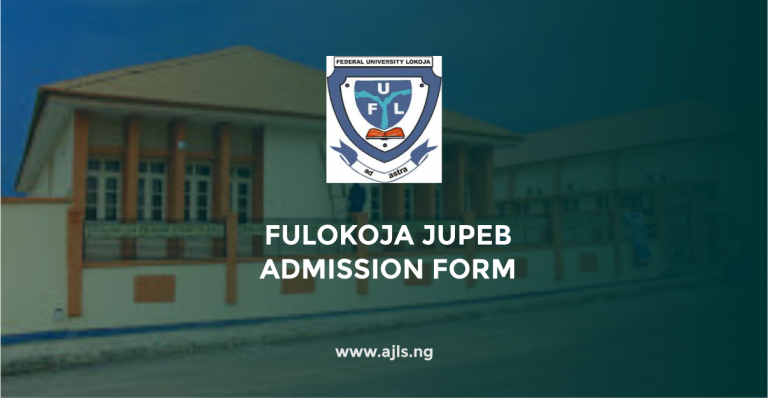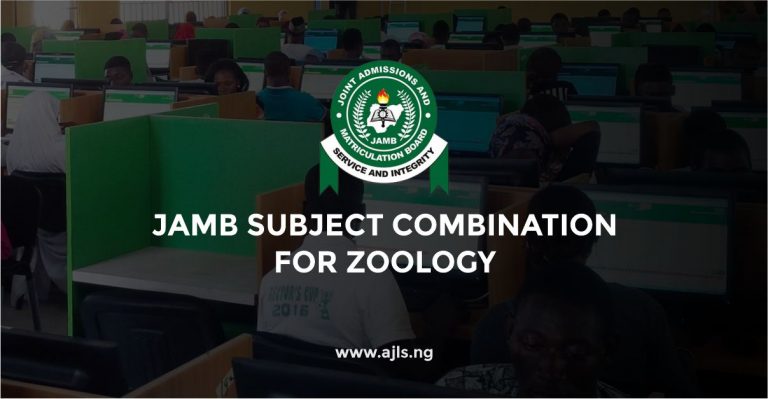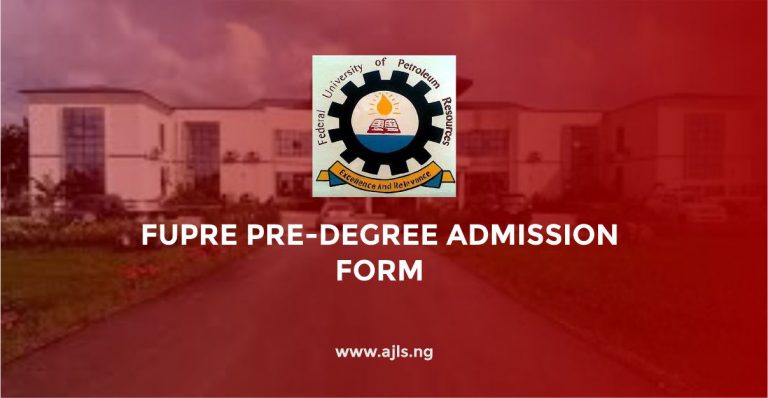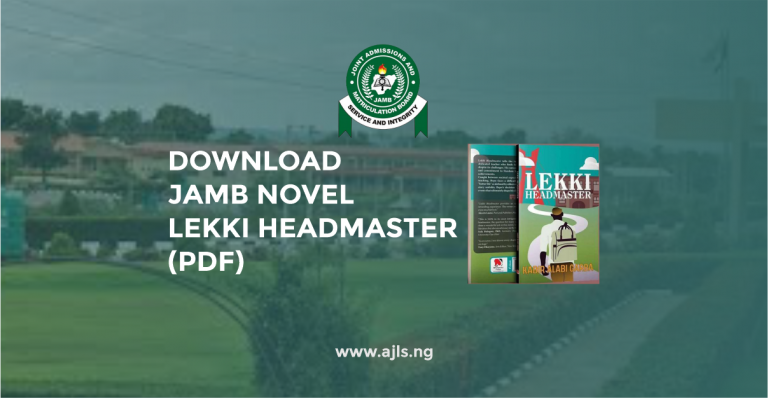WAEC Syllabus for Economics 2025

Economics is not just a subject or course of study but a fundamental aspect of everyday life, shaping individual, business, and national decisions. If you’re preparing for the West African Examinations Council (WAEC) Economics exam, then understanding the syllabus is your first step toward success. The WAEC syllabus for Economics serves as a roadmap, guiding candidates on the key topics, objectives, and expectations for the examination.
The WAEC Economics syllabus is designed to test candidates’ understanding of economic principles, theories, and real-life applications. It provides a structured outline that ensures students grasp essential concepts, such as demand and supply, inflation, international trade, money and banking, and economic development. Mastering this syllabus will not only help students perform well in the exam but also equip them with knowledge that is relevant to real-world economic issues.
In this guide, we will break down the WAEC Syllabus for Economics, highlighting key focus areas, recommended study tips, and important resources to enhance your preparation. Whether you are a student, teacher, or guardian, this article will provide all the necessary details to ensure a smooth and effective study process.
WAEC Syllabus for Economics
The WAEC Economics syllabus is divided into key sections that cover both microeconomics and macroeconomics. Below is a detailed breakdown of the topics included in the WAEC Syllabus for Economics:
1. Introduction to Economics
- Definition and Scope of Economics
- Basic Economic Problems and Solutions
- Importance of Economics in Everyday Life
2. Factors of Production
- Land, Labor, Capital, and Entrepreneurship
- Characteristics and Contributions of Each Factor
- Rewards for the Factors of Production
3. Demand and Supply
- Laws of Demand and Supply
- Determinants of Demand and Supply
- Price Elasticity and Its Applications
4. Theory of Consumer Behavior
- Utility Concepts (Total, Marginal, and Average Utility)
- The Law of Diminishing Marginal Utility
- Indifference Curve Analysis
5. Market Structures
- Perfect Competition
- Monopoly, Oligopoly, and Monopolistic Competition
- Price Determination Under Different Market Conditions
6. National Income
- Concepts of GDP, GNP, and NNP
- Methods of Measuring National Income
- Uses and Limitations of National Income Statistics
7. Money and Banking
- Definition and Functions of Money
- Types of Money
- Commercial and Central Banks: Roles and Functions
8. Public Finance
- Government Revenue and Expenditure
- Taxation: Types and Effects
- Budget and National Debt
9. Economic Growth and Development
- Differences Between Economic Growth and Development
- Indicators of Economic Development
- Problems Facing Developing Economies
10. International Trade
- Importance of Trade in Economic Development
- Balance of Trade and Balance of Payment
- Trade Policies: Tariffs, Quotas, and Exchange Rate
11. Economic Systems
- Capitalism, Socialism, and Mixed Economy
- Features, Advantages, and Disadvantages
12. Agriculture and Industrialization
- Importance of Agriculture in the Economy
- Industrialization and Its Impact on Economic Development
13. Poverty and Income Distribution
- Causes and Effects of Poverty
- Measures to Reduce Income Inequality
14. Economic Planning
- Types and Objectives of Economic Planning
- Challenges of Economic Planning in Developing Countries
Recommended Texts For WAEC Economics
Here are some recommended textbooks for WAEC Economics:
- Comprehensive Economics – J.U. Anyaele
- Essential Economics – C.E. Ande
- Modern Economics – Dr. A. A. Attah
- Fundamentals of Economics – A.O. Lawal
- SSCE Economics – M.M. Olayemi
- Exam Focus Economics – WAEC Series
- Principles of Economics – Lipsey & Chrystal
- Macroeconomics & Microeconomics – N. Gregory Mankiw
These books cover key WAEC Economics topics, including demand and supply, market structures, national income, and international trade.
Study Tips for WAEC Economics Exam
- As you prepare for the WAEC exams, make sure you go through each topic carefully and identify areas that require extra attention.
- Reviewing past questions will help you understand the exam pattern and frequently tested areas.
- Books written by recognized authors will provide deeper insights into various topics.
- Keep up with national and global economic news to relate theoretical concepts to real-world scenarios.
- Many economic concepts are better understood with graphical illustrations, so practice drawing and interpreting them.
- Discussing topics with peers can enhance retention and provide different perspectives on difficult topics.
- If you have difficulty understanding any concept, ask for clarification from your teacher or an experienced tutor.
Conclusion
The WAEC Economics syllabus is a vital tool for students preparing for the exam. With the recommended tips, candidates can significantly improve their chances of excelling in the examination. Remember, Economics is not just about memorization; it’s about understanding how the economy functions and applying this knowledge to real-life situations. With the right preparation, you can tackle the WAEC Economics exam confidently and achieve outstanding results. Start early, stay consistent, and make the most of the resources available to you.
We hope this page has provided all the necessary information that you might need to start the 2025 WAEC registration in a subject like Economics. If you have any questions to ask, kindly let us know via the comment section, and we will reply to them as soon as possible. Success is within reach!





